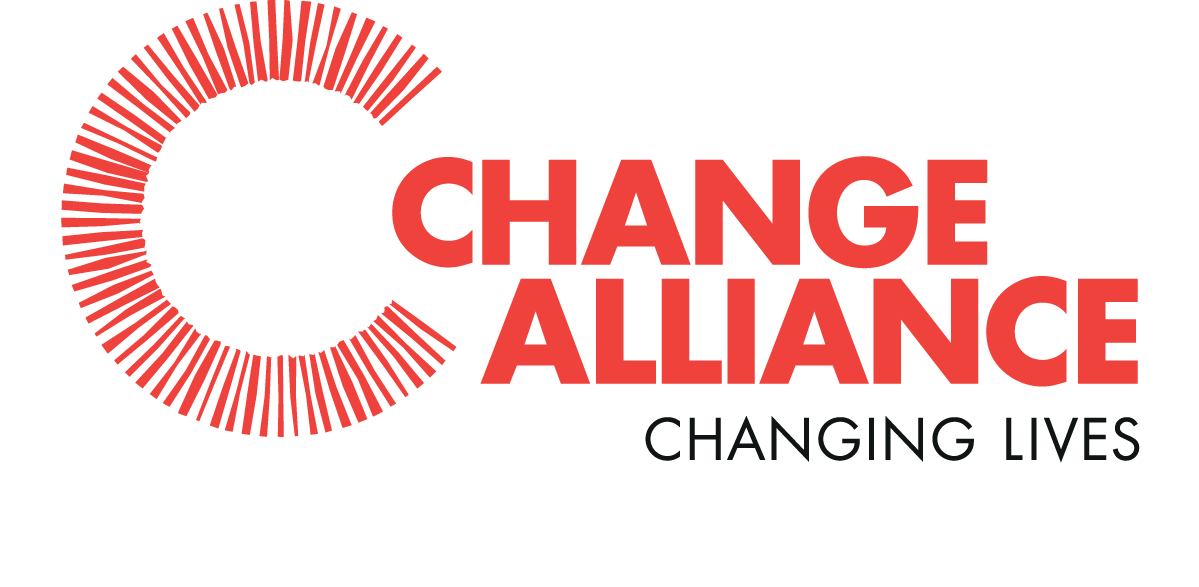Gender inequality and gender-based discrimination of women at the factory level was mitigated through sensitization and engagement aimed towards:
- Senior and mid-level management
- Supervisors, floor in-charge
- Internal Committee Members
- Peer Trainers
- Factory workers
The project deliverables have been seriously impacted due to massive disruptions in the economy and industry on account of stringent healthcare measures and lockdowns across the country. Most garment factories have not been fully operational since lockdown. Due to the spread of COVID 19 pandemic globally and in India, with subsequent country wide total lockdown since March 25, 2020, our meetings with suppliers to take up Gender Equality Programme in their manufacturing units materialised only after July 2020.
